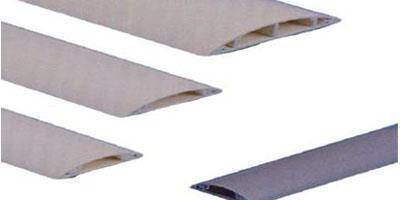Les
Well-Known Member
I recently saw a touring production of The Wizard of Oz at the Bass Performance Hall in Ft. Worth, where they had a sound meltdown. About half of their wireless mics were having severe issues including interference and deafening static feedback noises. The thing that got me was that I could tell when the board op finally muted the mic, but then you'd hear them sneaking the level back in, as if it had magically fixed itself. Not long after that --- PSSSSHT! PSHHHFT!
Funny thing was that I, as a paying audience member ($35 per ticket for 3rd balcony nosebleed seats!) would have preferred the offending mics be muted for the rest of the show! The Bass Hall's acoustics are good enough that I could actually hear them when the mic was off. Not so much when it was feeding back. That sound guy kept sneaking those mics back in all night. And they kept feeding back. All night.
Just got an email from the company today offering to credit our tickets to an upcoming show. I didn't complain or anything (I wouldn't -- I know how live theatre is!), so I assume everyone got these offers.
Funny thing was that I, as a paying audience member ($35 per ticket for 3rd balcony nosebleed seats!) would have preferred the offending mics be muted for the rest of the show! The Bass Hall's acoustics are good enough that I could actually hear them when the mic was off. Not so much when it was feeding back. That sound guy kept sneaking those mics back in all night. And they kept feeding back. All night.
Just got an email from the company today offering to credit our tickets to an upcoming show. I didn't complain or anything (I wouldn't -- I know how live theatre is!), so I assume everyone got these offers.





